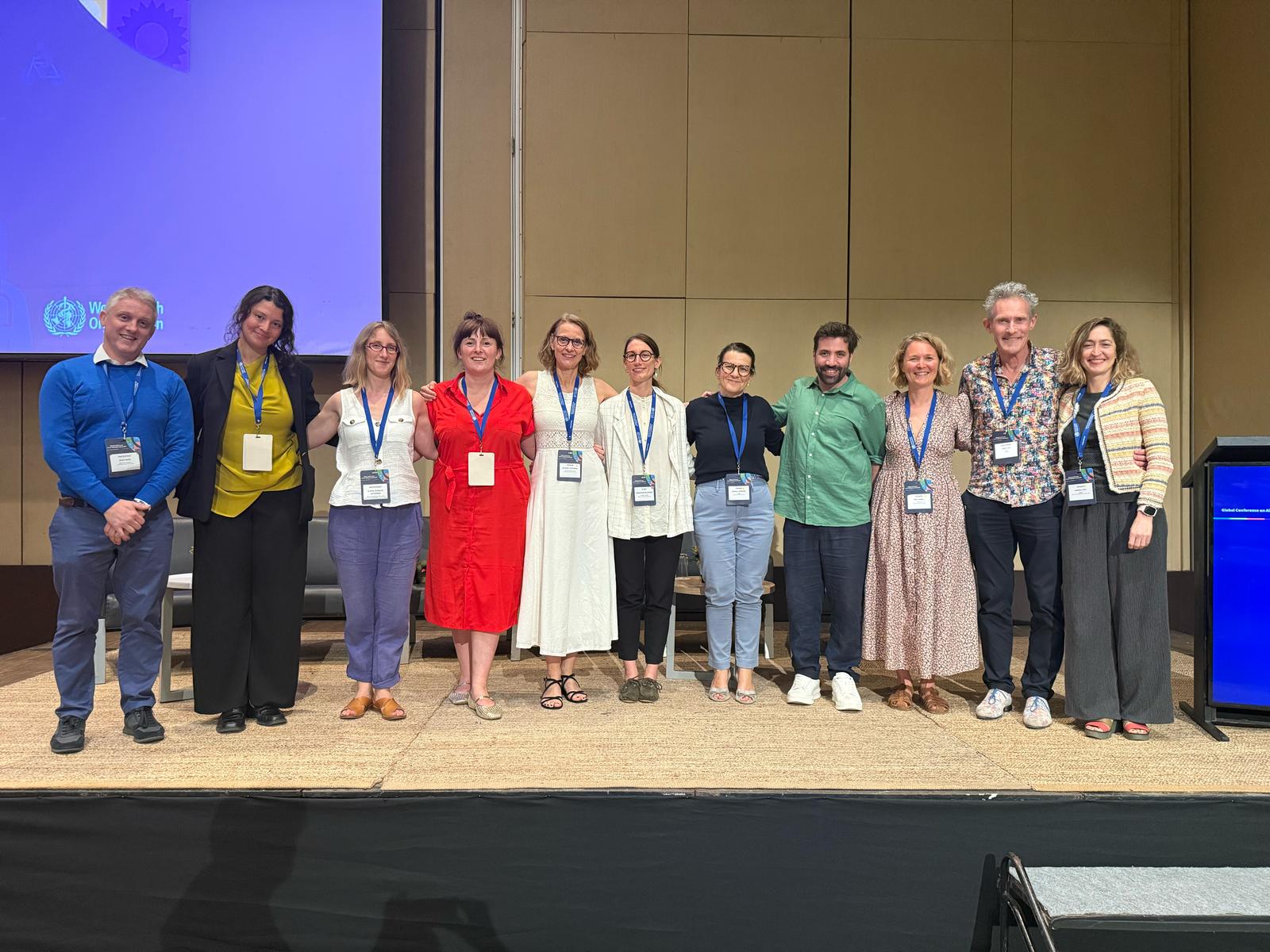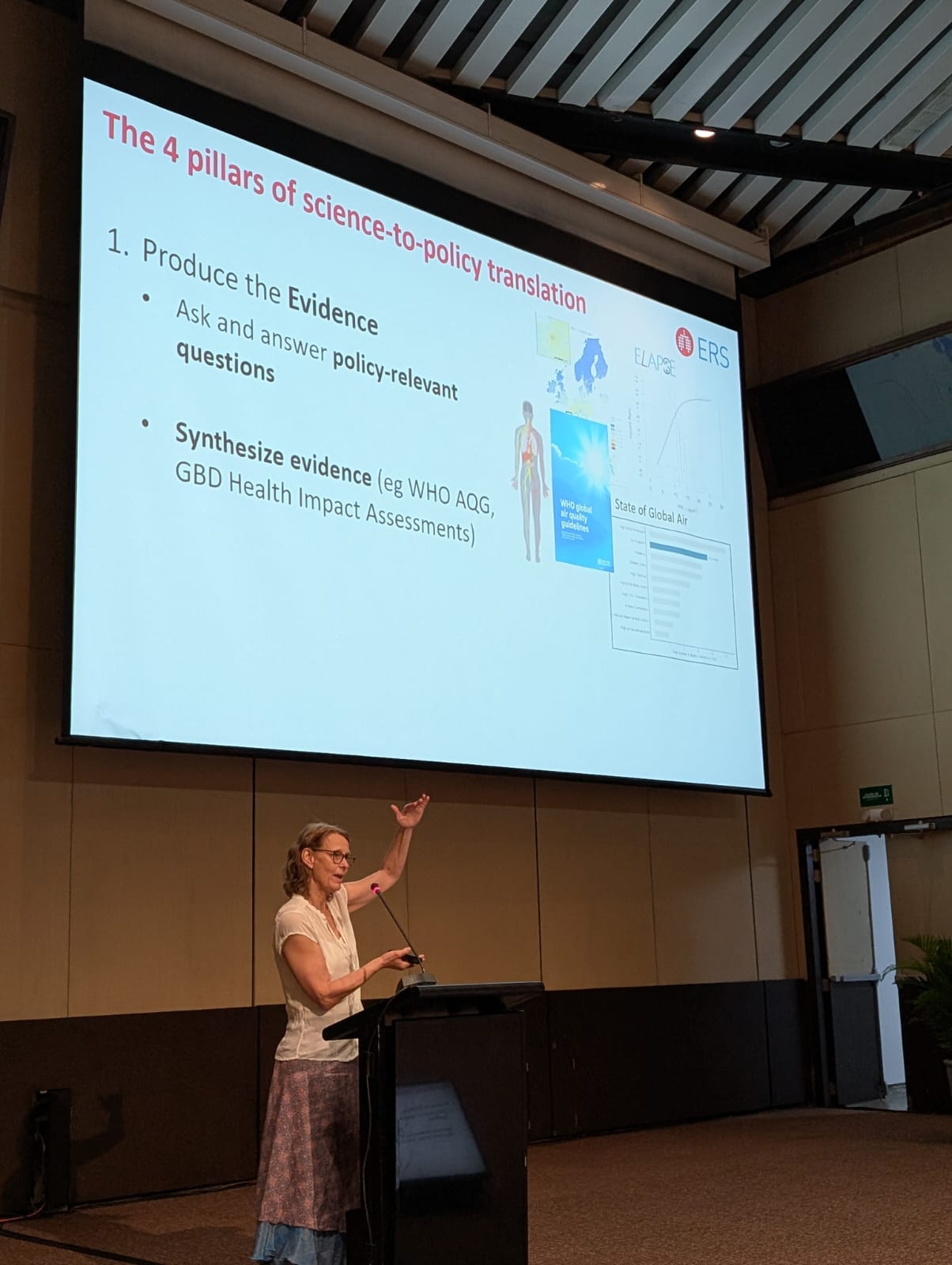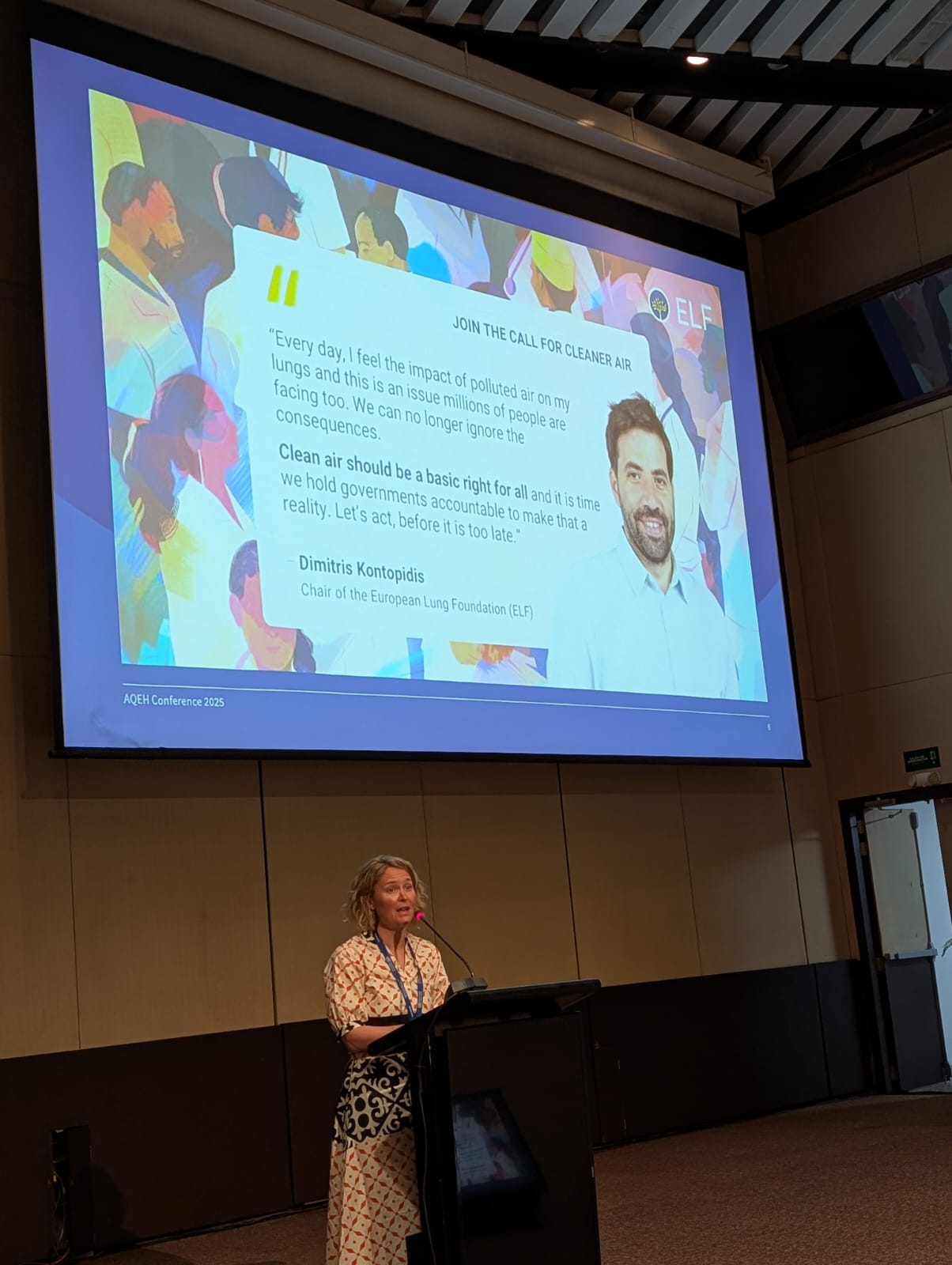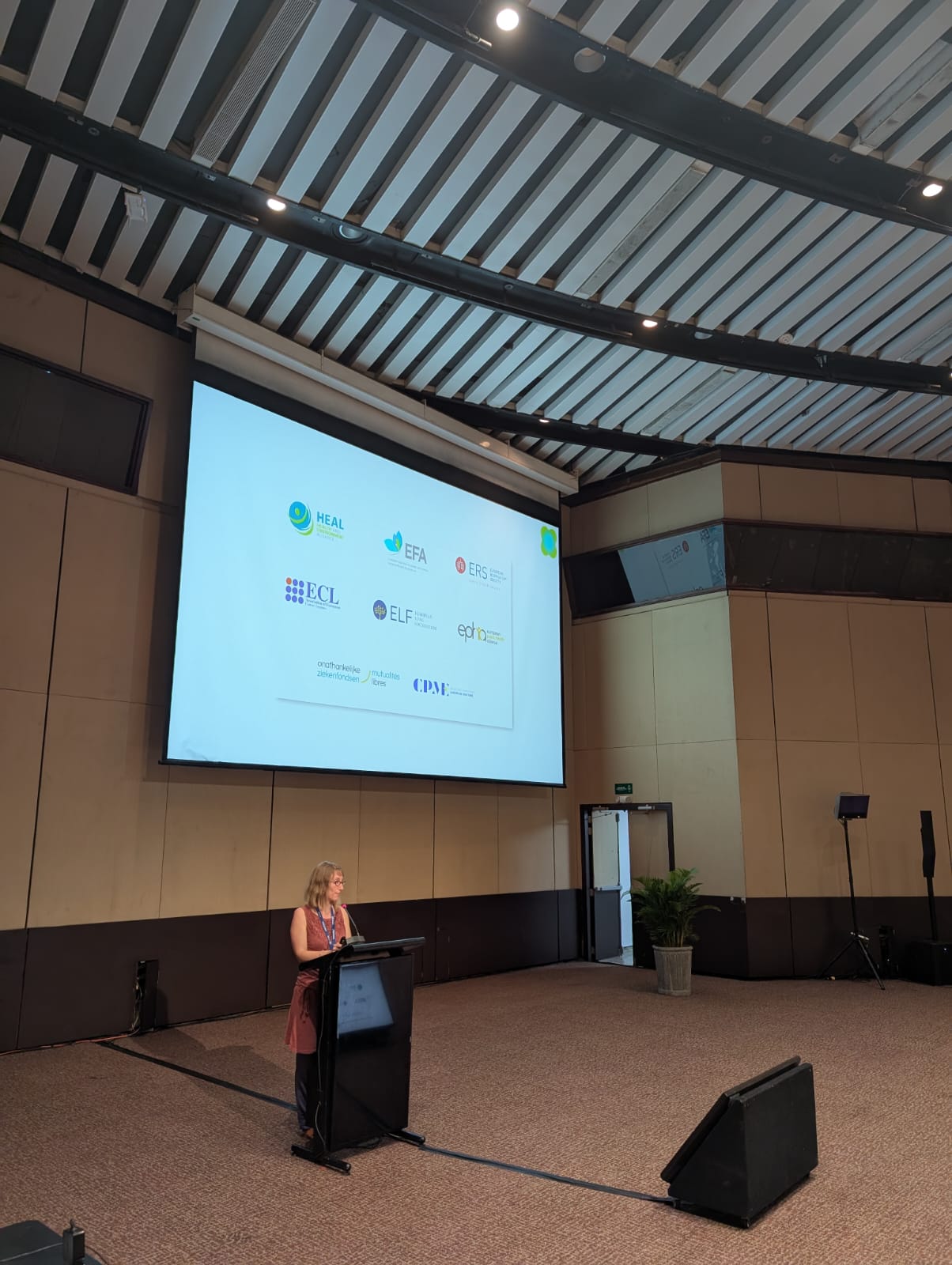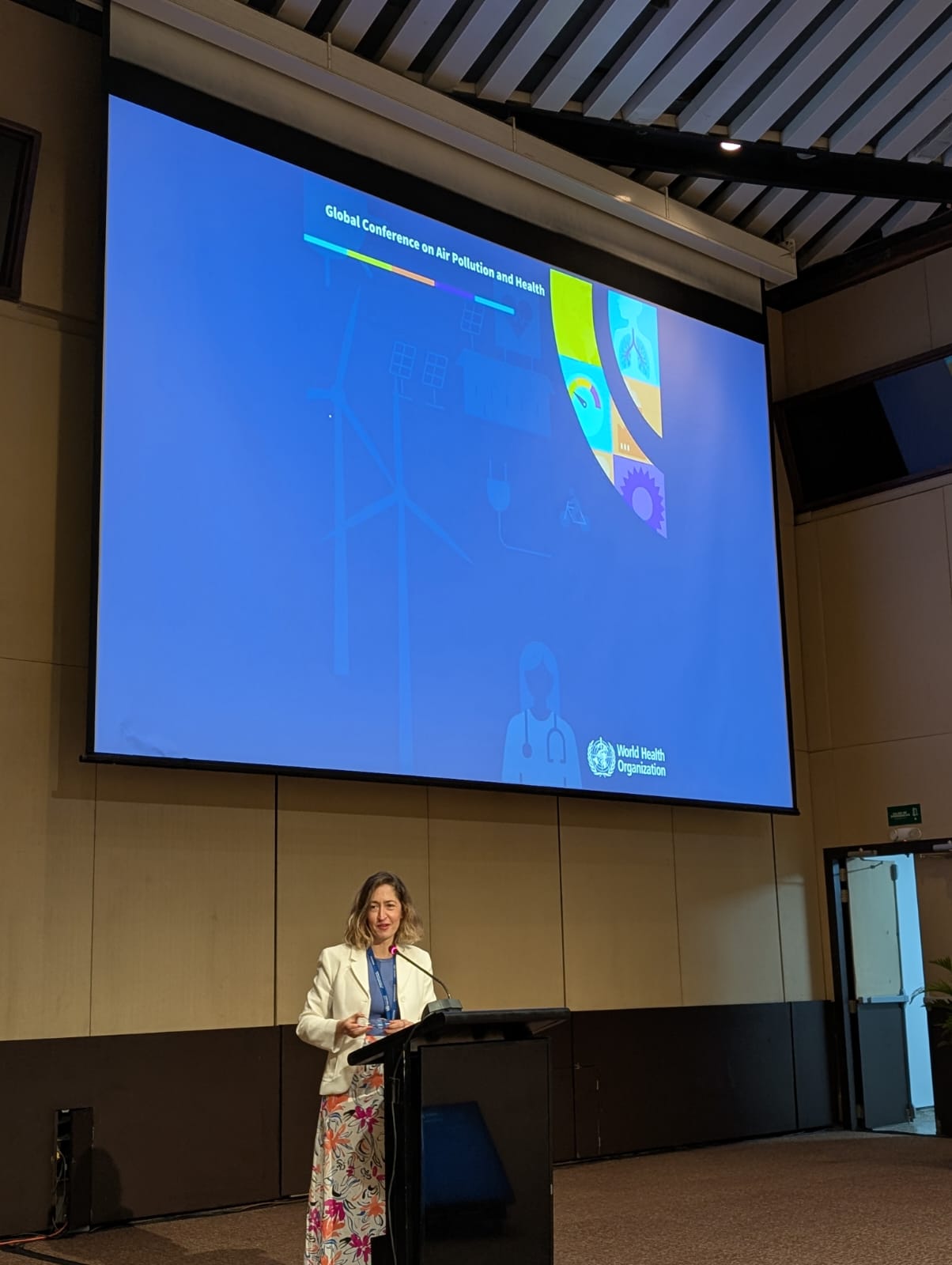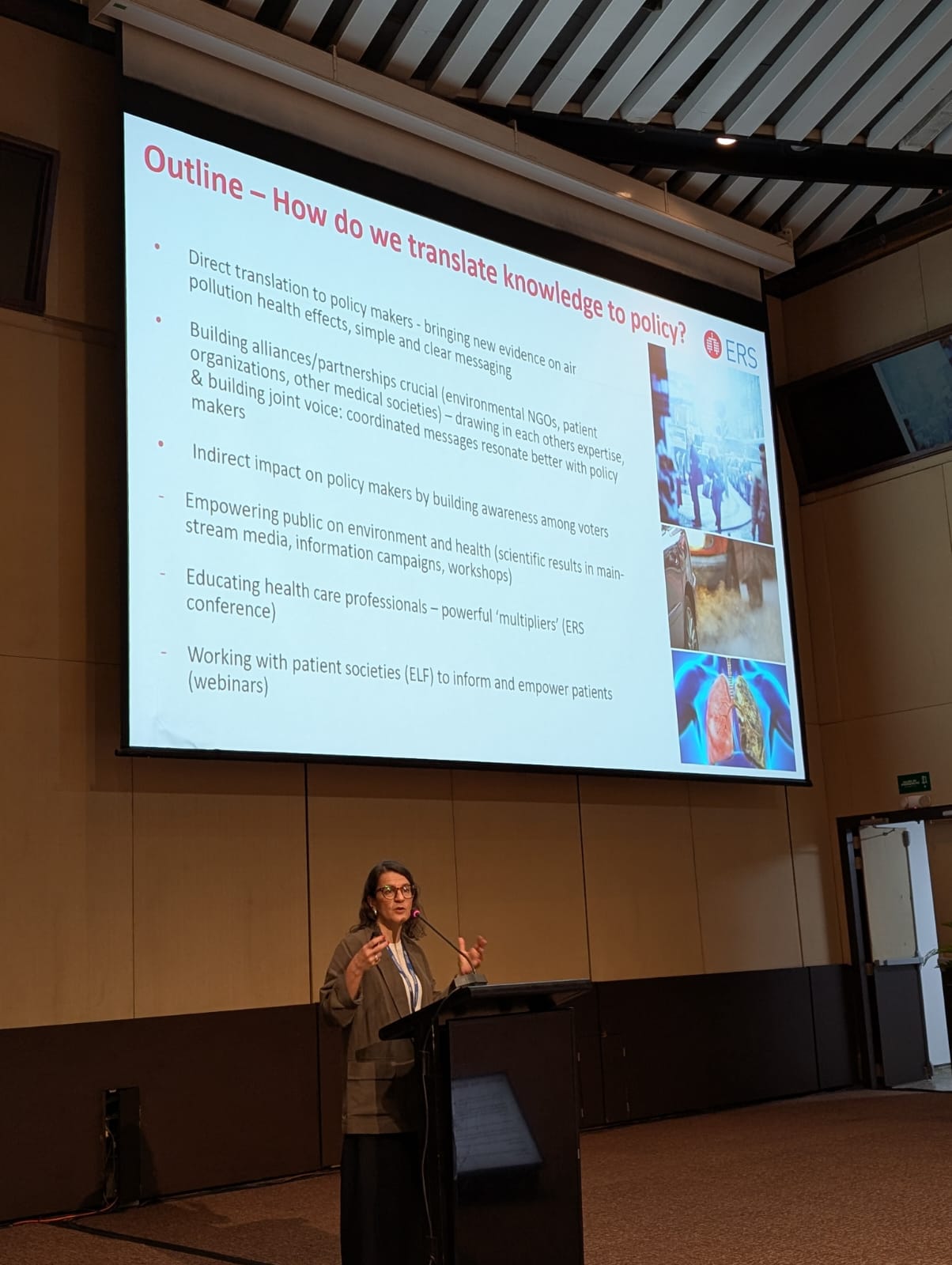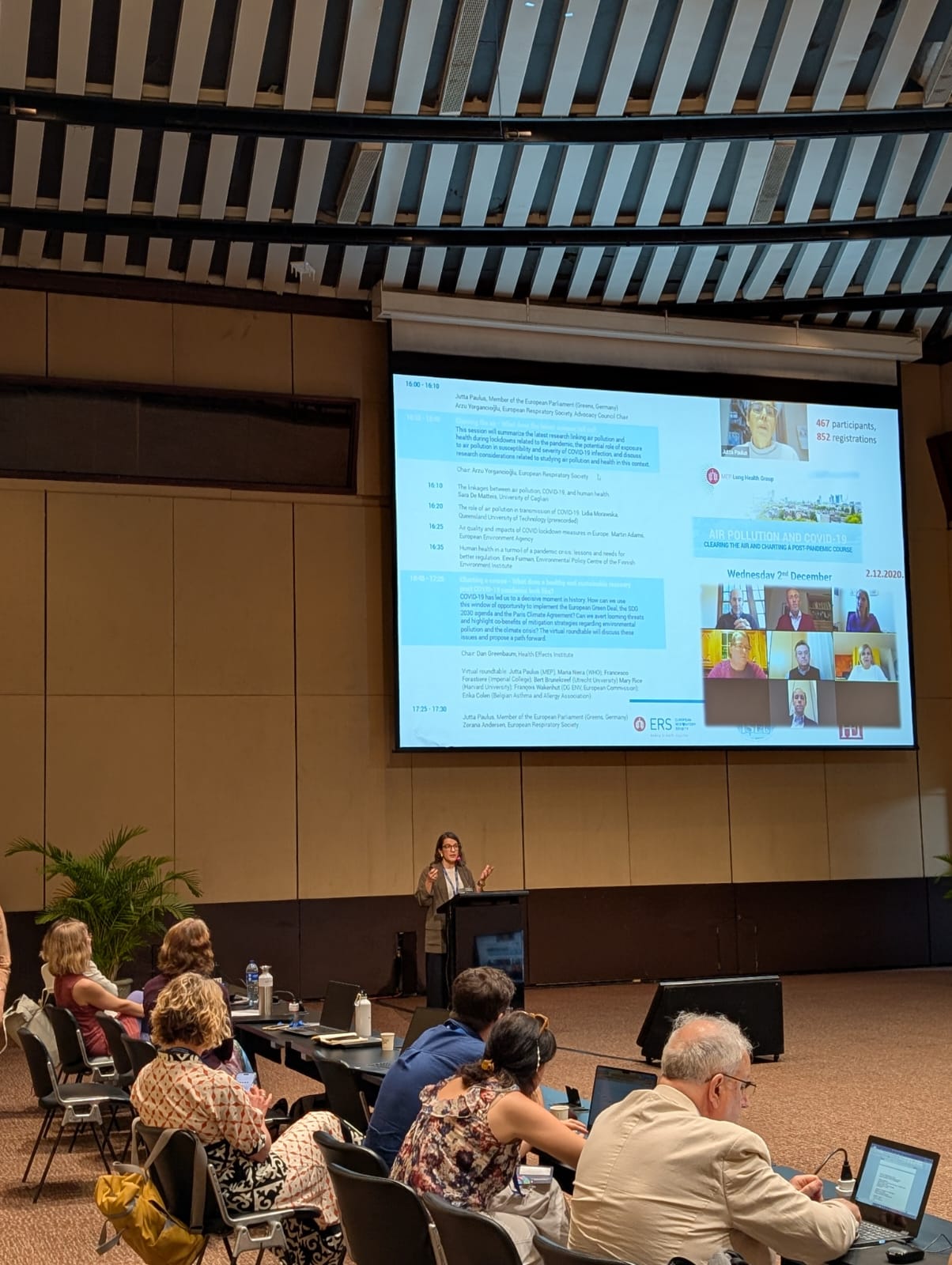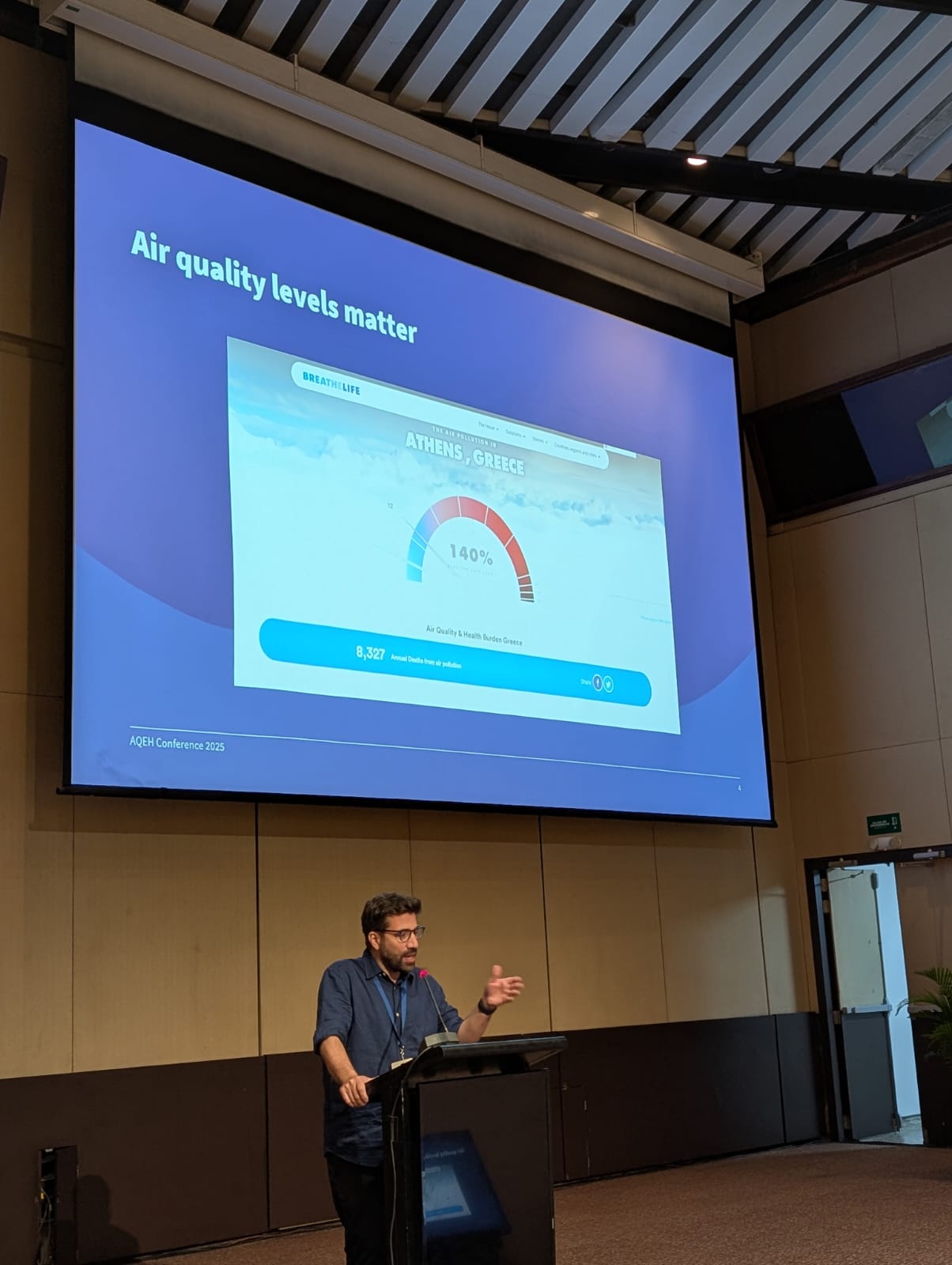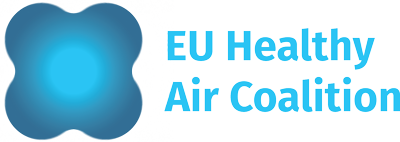On 24 March, European health groups part of the EU Healthy Air Coalition (EUHAC) coordinated by the Health and Environment Alliance (HEAL) gathered in Cartagena des Indias, Colombia, for a pre-conference event at the World Health Organization’s Second Global Conference on Air Pollution and Health. The objective: at the very opening of the conference week, to share and exchange with the global health community on their collective journey advocating for an ambitious, health-centred revision of the EU Ambient Air Quality Directive (AAQD).
The EUHAC’s eight founding members are Brussels-based organisations representing diverse actors in the health sector, including doctors and other health care professionals, scientists, public health experts, respiratory or cancer patients and health insurance funds. All were represented during the event, and four of them – the European Lung Foundation (ELF), the European Respiratory Society (ERS), the European Public Health Alliance (EPHA) and the Health and Environment Alliance (HEAL) – had the opportunity to be physically present in this pre-conference session.
Vanessa Lopez, HEAL President, opened the event by underscoring:
“In the European region, there are now a record number of health organisations active for clean air, at the regional, at the EU and at national level, and the EU Healthy Air Coalition is a visible proof of this record engagement.”
Sophie Perroud-Akkerman, Senior Coordinator at HEAL, introduced the audience to the working of EU air quality legislation and the role of health groups that have united in EUHAC, reminding the audience:
“Air pollution affects everyone and disproportionally the most vulnerable. The good news is that health impacts from poor air quality are largely preventable, through decisive policy action from the local to the international level.”
EUHAC members went on to share with the audience the successes, challenges and lessons learned from their work bringing patient voices to decision-making, communicating and advocating to secure closer alignment between the EU’s clean air standards and the latest 2021 WHO Air Quality Guidelines.
Dimitris Kontopidis, ELF Chair and Pippa Powell, ELF Director, shared with the audience how patient groups and health groups worked together in EUHAC to advance ambitious air quality legislation. Mr Kontopidis brought attention to how air quality level affects the lives of those who already live with respiratory health conditions, exacerbating pre-existing symptoms and disrupting quality of life. From his personal experience as a patient living with cystic fibrosis, he shared:
“Every day, I’m one of the millions of people around the world who feel the impact of air pollution on their lungs. Clean air should be a basic right for all, and it’s time to hold governments accountable to make that a reality.”
Sara Bertucci, Policy Manager at EPHA, traced how the public health community has collectively mobilised and engaged with the revision of the EU Ambient Air Quality Directive. She shared with the audience:
“A unified health voice that highlights clean air as a critical public health investment can make all the difference in shaping legislation. Through proactive, evidence-based advocacy, health experts can drive stronger air standards that deliver health benefits.”
Dr Zorana Jovanovic Andersen shared with the audience ERS’ experience in translating scientific findings into policy decisions. She highlighted:
“Effective translation of scientific evidence means providing policy makers with simple and clear messaging. To make sure our message resonates with policymakers, we need to build alliances and partnerships across health groups, drawing on each other’s expertise and speaking with a common voice.”
Dr Barbara Hoffmann reflected on ERS’ efforts translating science into policy recommendations. She elaborated on how science-to-policy translation hinges upon producing policy-relevant evidence, acting as a multiplier of efforts across disciplines, engaging with advocacy efforts to change policies, and co-creating solutions that can bring health benefits across policy areas. She stressed:
“There is much to do, and environmental health scientists play a crucial role. Medical and scientific societies are instrumental, as they have the means of outreach to different target groups.”
An engaging exchange with the audience followed. Participants and EUHAC members discussed the needs and challenges that lay ahead for a swift and equitable AAQD transposition; the data needs and gaps that must be addressed to push for stronger air pollution action at local level; and the centrality of a whole-system, cross-sectoral approach to legislation that tackles air pollution at the source.
This pre-conference event was a pivotal opportunity for mutual learning and exchange – as the health sector unites diverse forces to realise urgent change and ensure that WHO Air Quality Guidelines become entrenched in legislation, in Europe and worldwide. The evidence, from Europe and across the globe, is unequivocal: to protect and promote public health, loud and clear health voices play a key role to push for an accelerated implementation of clean air action on the ground.
